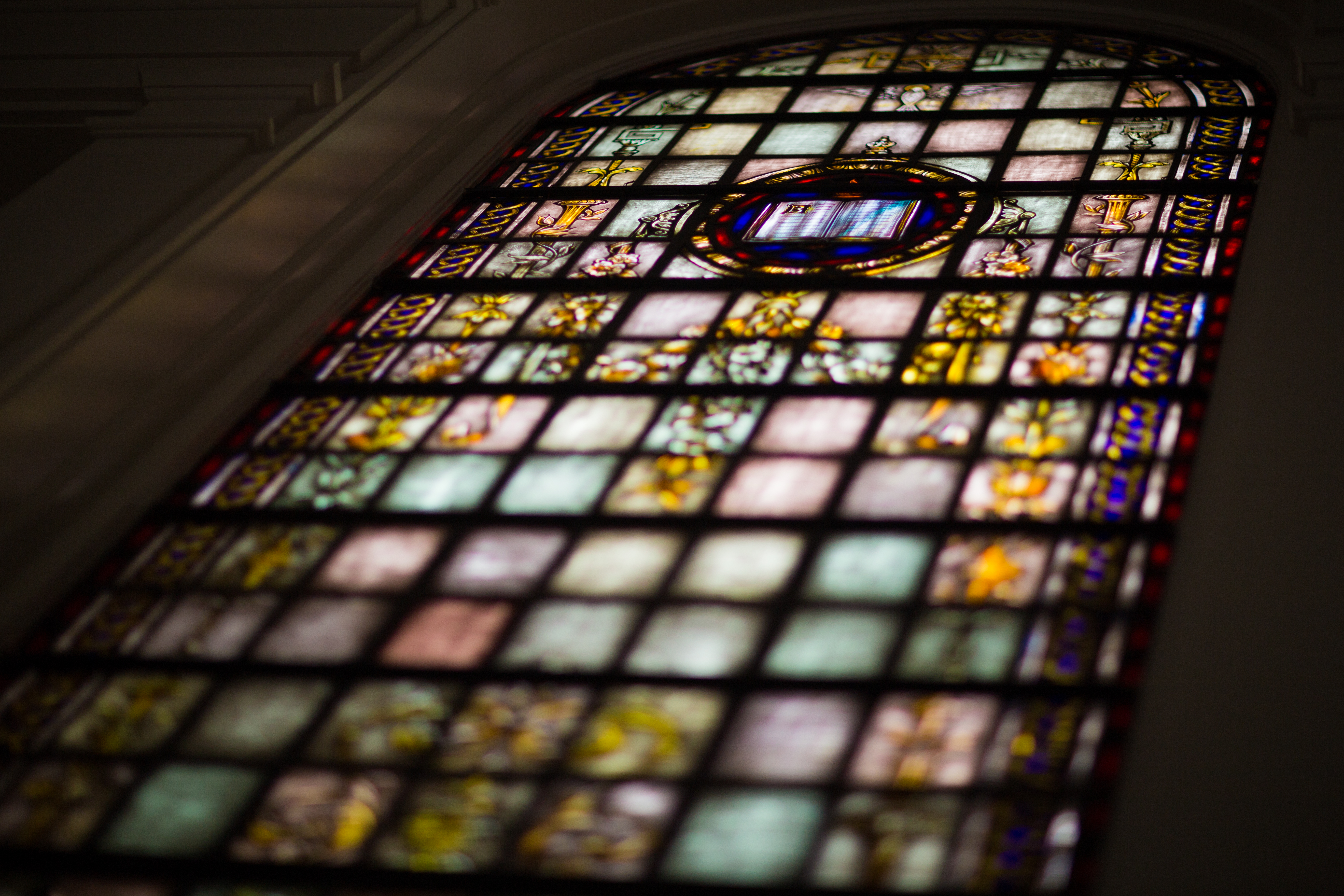by Dr. David Bjorlin

If you’ve taken my Christian Worship class, you know that I love the commencement address David Foster Wallace gave to the 2005 graduating class of Kenyon College. While not a Christian himself, I’ve rarely heard a better argument given for why we must choose carefully what we will worship.
You get to decide what to worship. Because here’s something else that’s weird but true: in the day-to-day trenches of adult life, there is actually no such thing as atheism. There is no such thing as not worshipping. Everybody worships. The only choice we get is what to worship. And the compelling reason for maybe choosing some sort of god or spiritual-type thing to worship–be it JC or Allah, be it YHWH or the Wiccan Mother Goddess, or the Four Noble Truths, or some inviolable set of ethical principles–is that pretty much anything else you worship will eat you alive. If you worship money and things, if they are where you tap real meaning in life, then you will never have enough, never feel you have enough…Worship your body and beauty and sexual allure and you will always feel ugly. And when time and age start showing, you will die a million deaths before they finally grieve you…
Worship power, you will end up feeling weak and afraid, and you will need ever more power over others to numb you to your own fear. Worship your intellect, being seen as smart, you will end up feeling stupid, a fraud, always on the verge of being found out. But the insidious thing about these forms of worship is…that they’re unconscious. They are default settings.
Put another way, you will take on the values of the thing you worship.
I know in seminary it can sometimes feel like we’re overthinking our faith or are too critical of practices in the church. And, yes, there is the danger of critique becoming a blunt weapon used to tear down and destroy rather than a well-calibrated tool used to renovate and rebuild. However, Wallace’s argument is why I believe it is essential to not only worship the living God who is worthy of worship, but also to carefully examine our worship traditions to discover whether the “default settings” of worshiping money or things, the body or beauty, power or intellect have infiltrated our communal worship. One only need look to the myriad scandals of the church—embezzlement, lavish spending, sexual harassment and assault, spiritual abuse—to see the idols that have too often become the true objects of our loyalties and affections.
Perhaps one way to do this is to take a liturgical audit of our worship, asking questions like:
- What role does money play in our services? How much money does it cost to hold a service?
- Where is the locus of power in our services? The congregation? The worship leader? The pastor?
- Who has access to the places of liturgical power? (e.g., platform, pulpit) What do they tend to look like? Who is restricted from these spaces?
- Is technology an aid to participation or a replacement? How much time, effort, and money is spent on it?
- What are the expected educational credentials of those who speak in worship?
By asking these difficult questions (and others like them), perhaps we can start taking the steps necessary to question these cultural default settings and instead choose the countercultural worship of our subversive Savior.
